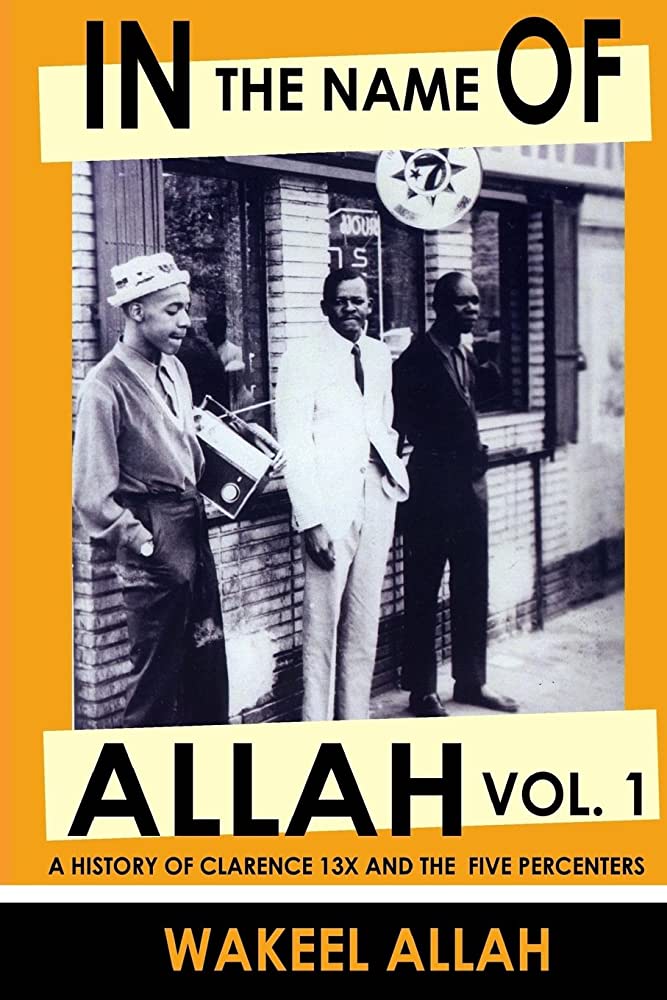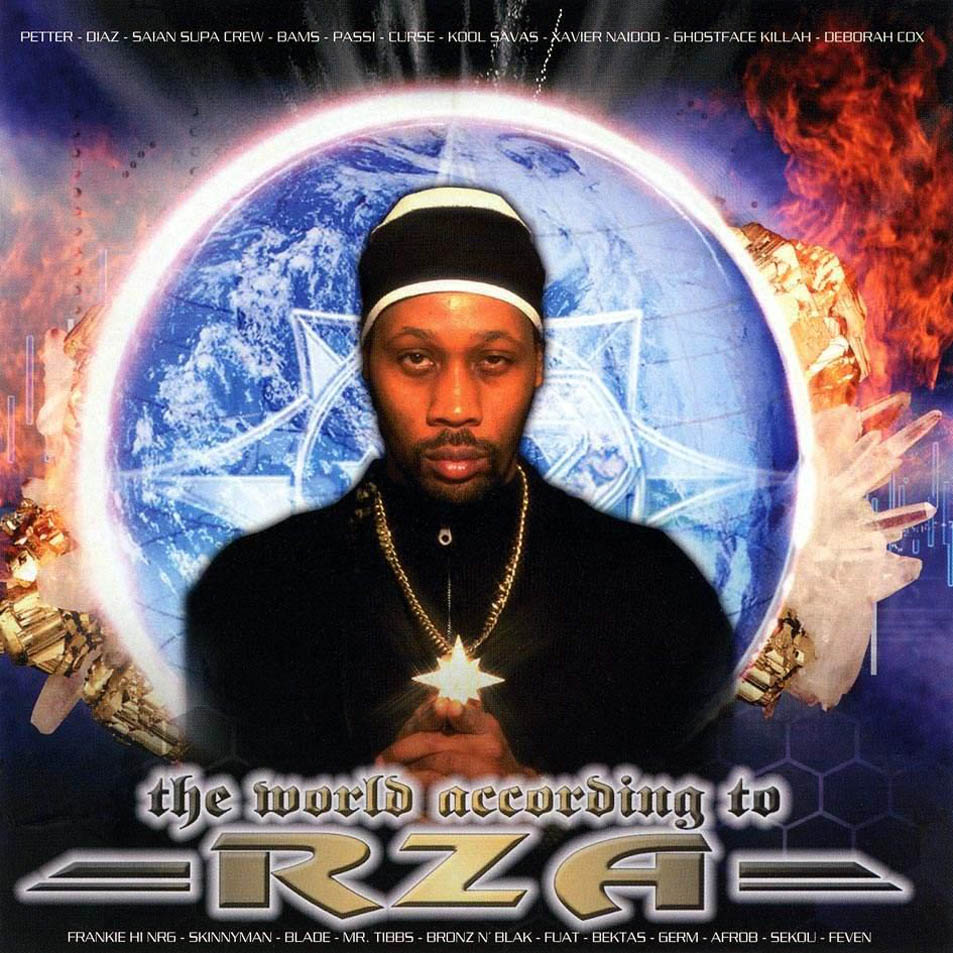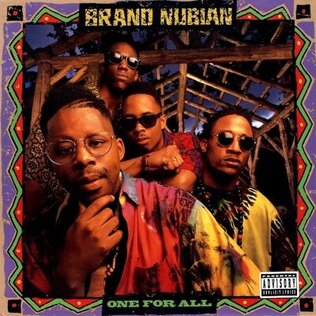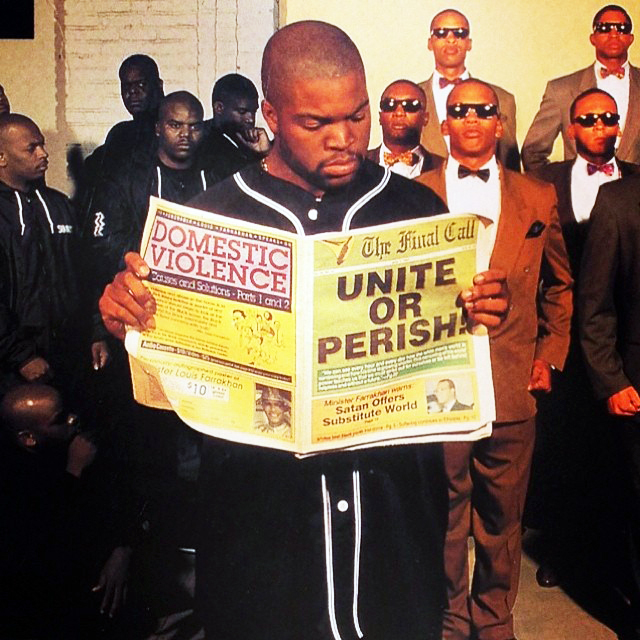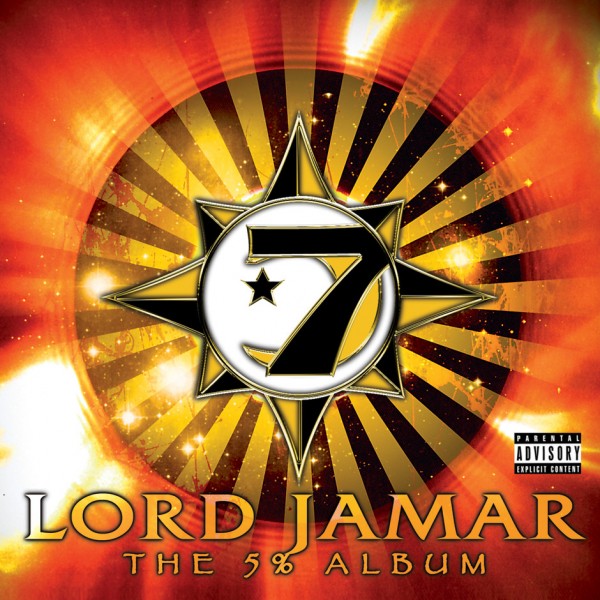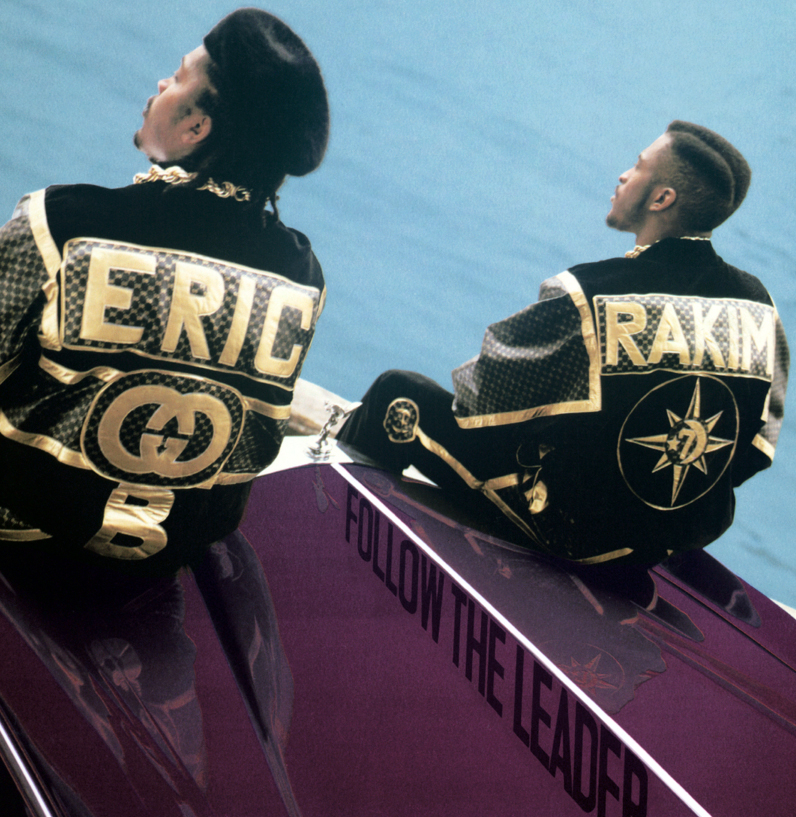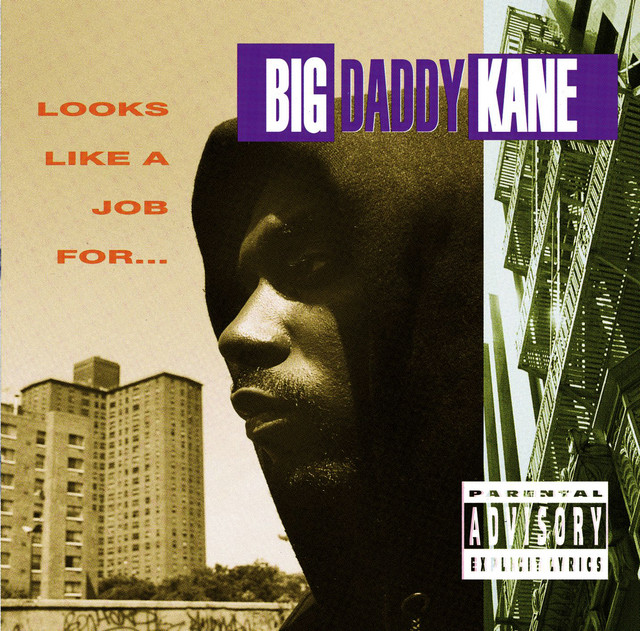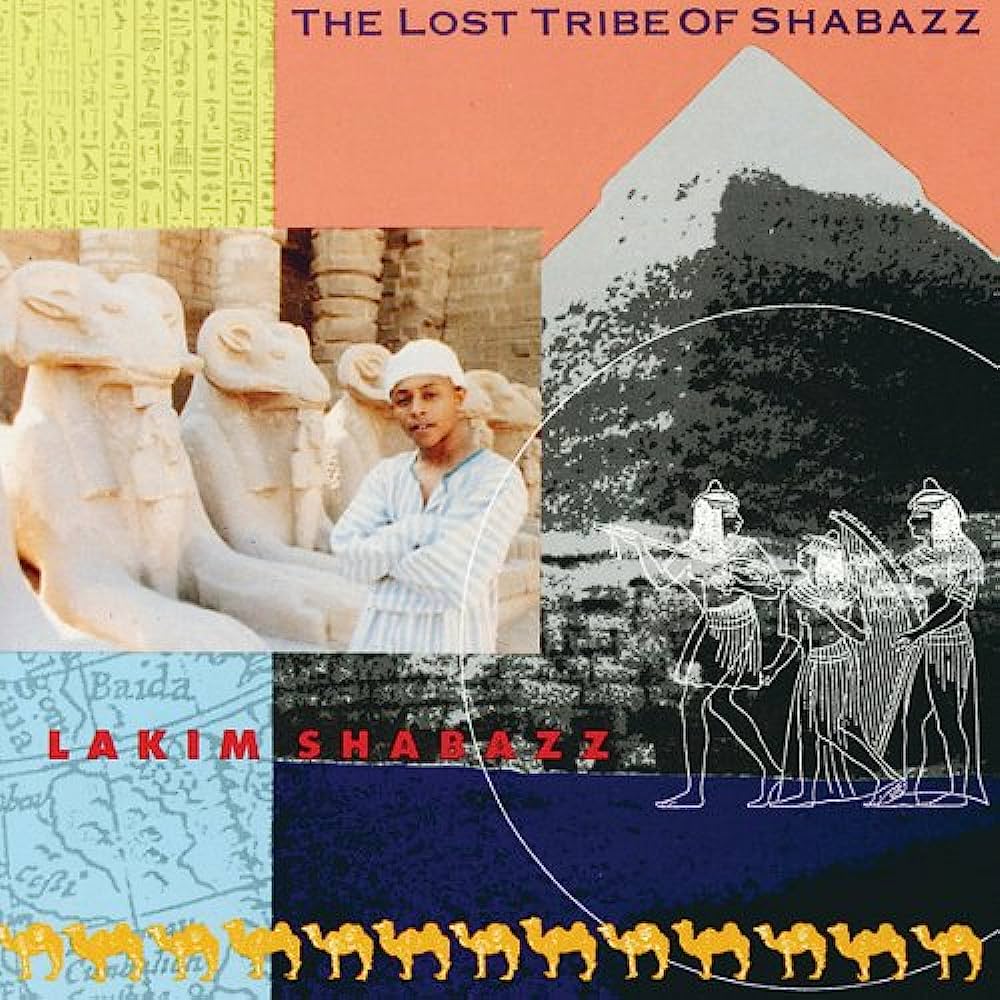by Tony Muhammad
As the world continues to celebrate the 50th anniversary of hip hop, the influence and imprint of Islam on the art form cannot be overlooked. Jay Electronica’s lyrics throughout his album, “A Written Testimony,” which include the song “Universal Soldier,” were and are still timely for the world of hip hop. The project was released in March 2020 as many of the governments of the world were instructing their citizens to shut down and shelter in place due to the COVID-19 pandemic.
Jay Electronica’s overall message on the album was not simply for the world of hip hop to become aware of the faith that he personally embraces. But it was a call for those who embrace the culture to return to the understanding of their true identity, power, and the tenants and expression that gave life to this art form since its inception.

This message was vividly conveyed with an advertisement for the album with a colossal image of Jay Electronica wearing an F.O.I. (Fruit of Islam, the men of the Nation of Islam) uniform on display in the middle of an almost completely abandoned and desolate Time Square, the financial capital of the world, for all to see.
Less than four months later, Minister Farrakhan delivered his historic message, “The Criterion,” in which various prominent members of the hip hop community were in attendance. The overall message was to submit to Allah (God) and let go of the practice of sin that robs the human being of achieving its divine potential.
Student Minister Willie Muhammad of New Orleans led a live discussion about the album on social media soon after its release. “One of the many significances of our brother, Jay Electronica’s historic album release is that in the very opening of the album the listeners hear the voice of the Honorable Minister Louis Farrakhan saying: ‘I don’t wanna waste any time. I ask the question who are the real Children of Israel?’” noted Student Min. Willie Muhammad during the discussion.
“Think about that! A hip hop album opening with the voice of the Representative of Allah (God) and His Christ in our midst, regarding a truth Allah came Himself to make known to the world! Jay Electronica and his official debut album have added to the long history of the presence of Islam, specifically the Teachings of the Most Honorable Elijah Muhammad, in hip hop!”
Word is Bond!
Anyone not acquainted with the history and origins of hip hop as a culture could be confused by what simply appears on the surface to be a fusion of religion and music. However, in his book, “In The Name of Allah:
A History of Clarence 13X and the Five Percenters,” Wakeel Allah mentions how many of the youth that belonged to the various street organizations in New York City throughout the 1960s and 70s would routinely visit Nation of Islam temples (as they were called at that time) under the leadership of the Most Honorable Elijah Muhammad.
Through the influences of the invincible truths taught by students such as Minister Malcolm X and Minister Farrakhan, many of them would pick up and frequently use the common colloquialisms used in the Nation of Islam.
Among the most popular is the phrase “word is bond” which is derived from a question asked by the Great Mahdi and Allah in Person, Master Fard Muhammad and the answers given by His student, the Most Honorable Elijah Muhammad found in Lost Found Muslim Lessons No. 1 in The Supreme Wisdom Lessons of The Nation of Islam.
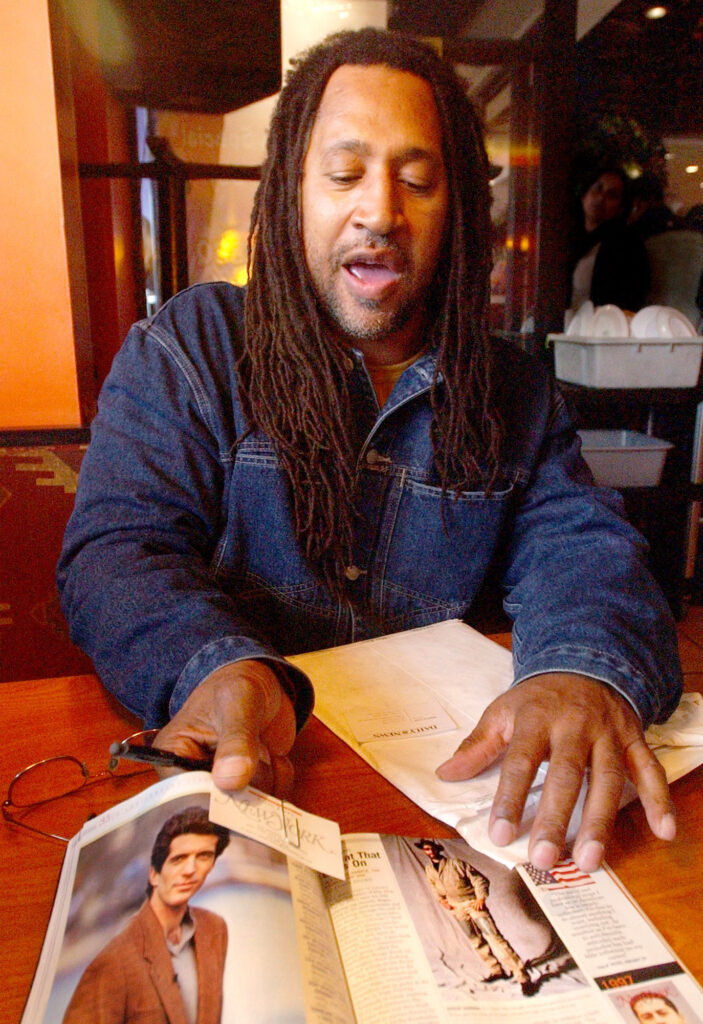
Question: Have you not learned that your word shall be Bond regardless of whom or what?
Answer: Yes. My word is Bond and Bond is life, and I will give my life before my word shall fail.
This language of Islam became embedded and more widespread in the language of the youth in the street, and ultimately within a decade, the language of hip hop culture and music transmitted through groups such as, The (Five Percent) Nation of Gods and Earth, founded by Clarence 13X. Likewise, mimicked were the mannerisms and training exhibited by the F.O.I., particularly while they held security posts; a posture commonly held by Clarence 13X, Justice, and others in The Nation of Gods and Earth. Street dancers commonly known as B-Boys and B-Girls (break dancers) and emcees would eventually use the stance to intimidate their opponents during rap battles.
Like inner-city gods, the founding fathers of hip hop culture, such as Kool Herc and Afrika Bambaataa, the founder of the Universal Zulu Nation, would extract from the knowledge and guidance of the Nation of Islam and The Nation of Gods and Earths to bring peace and unity between warring street organizations and factionalized cultural entities in the South Bronx throughout the 1970s.
DJs such as Bambaataa and Kool Herc, who is widely regarded as the father of hip hop culture, and Grandmaster Flash would organize and take part in neighborhood block parties where the various elements of the culture (DJing, emceeing, breaking and graffiti) would be present. These expressions contributed to the reduction of violence in the South Bronx and paved the way for hip hop to become a global transformative force.
Hip hop historian Anthony “A-Tone” Muhammad explained, “There would be no hip hop culture without the Teachings of the Most Honorable Elijah Muhammad.” Hip Hop means “Peace, unity, love and having fun” and “the Teachings of the Most Honorable Elijah Muhammad is Islam, meaning peace,” said Anthony Muhammad.
He explained that according to DJ Kool Herc, members of the Five Percent Nation acted as “peace guards” at his parties, the first of which was on August 11, 1973. That date is considered by many hip hop historians as the day the genre was “officially born.”
“No gangs were allowed to fly their colors (wear patches) at his parties and The Five Percenters helped keep the peace. Clarence 13X (regarded by the Five Percenters as Father Allah) founded the Five Percent Nation and brought the Supreme Wisdom Lessons (of The Nation of Islam) out of the mosque (temple) and into the hands of Black youth, years before Herc’s parties,” A-Tone explained. He continued, “The ‘B-boy stance’ came from breakers emulating the way the peace guards would stand post, which was adapted later to be any hip hop person that stood that way.”
Anthony “A-Tone” Muhammad was a member of Universal Zulu Nation, the first activist hip hop organization founded by Afrika Bambaataa, prior to becoming a registered member of the Nation of Islam. He reflected how aspects of the Teachings of the Most Honorable Elijah Muhammad were also shared within “lessons” of The Zulu Nation.
“The lessons included copies of sections of ‘How To Eat To Live’ by the Honorable Elijah Muhammad, especially the parts where pork is forbidden.” There was also a section based on and in some parts copied directly from the 12 points of “What The Muslims Believe” found on the back cover of every Muhammad Speaks newspaper and is now on the inside back cover of every Final Call newspaper.’
Regaining the influence
Because of the high influence of the Teaching of the Most Honorable Elijah Muhammad in hip hop culture many of the artists themselves were either inspired by or were actual members of either the Nation of Islam or The Nation of Gods and Earths. The enormous list of such artists includes:
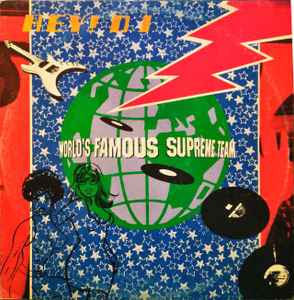
The World Famous Supreme Team, Public Enemy, Big Daddy Kane, K-Solo, Gang Starr, Group Home, Lakim Shabazz, Rakim, Poor Righteous Teachers, Paris, Kam, Brand Nubian, Ice Cube, Nas, Digable Planets and The Wu-Tang Clan among many others.
Artists would also include samples of lectures by Minister Farrakhan, Malcolm X, Dr. Khalid Abdul Muhammad, Student Minister Dr. Ava Muhammad and other ministers in the Nation of Islam.
However, by the early to mid-90s, major record labels that had business owners and investors connected to the fashion, liquor, and prison industries (among others) began to influence the change of the dominant message of the music.
The goal was to destroy the idea of guiding (especially Black and Brown) youth to be transformed into knowledgeable producers but to instead, produce a generation of violent offenders and unintelligent consumers.
The corporate takeover of hip hop has resulted in it being reduced to a musical expression that lacks substance and is driven almost exclusively through the overabundant pleasing of the senses (i.e. alcohol, sex, drugs, violence). The idea has been to totally divorce hip hop from Islam and any form of consciousness geared toward self and community development.
Yet and still, at the grassroots level, hip hop artists in the Nation of Islam or those influenced by it continue to work today to transform lives through the application of the Teachings of the Most Honorable Elijah Muhammad and through the expression of the various elements of the culture.
Among them is Sister Arian Muhammad, who currently serves as the chair and lead programmer for the Ministry of Arts and Culture of the Phoenix, Arizona Local Organizing Committee. “It is critical for us to come together with community members and community leaders in celebration of the original principles of hip hop,” she said.
‘Music unites across barriers and differences but it’s also a tool in the hands of the enemies to our collective rise. If we as leaders who are mothers, fathers, uncles, and aunts can come together to connect our youth with the origin and foundation of hip hop, which involves speaking truth and at the same time having fun while being engaged in artistic expression, I believe we can turn the tide of our community for the better because the future is all about the youth.”
Brother Tony Muhammad has been teaching Social Studies and Humanities in Miami-Dade County Schools for over 24 years. Tony is most noted for his work as publisher of Urban America Newspaper (2003 – 2007) and co-organizer of the Organic Hip Hop Conference (2004 – 2009). He is also a student assistant minister at Muhammad Mosque No. 29 in Miami, Florida.














